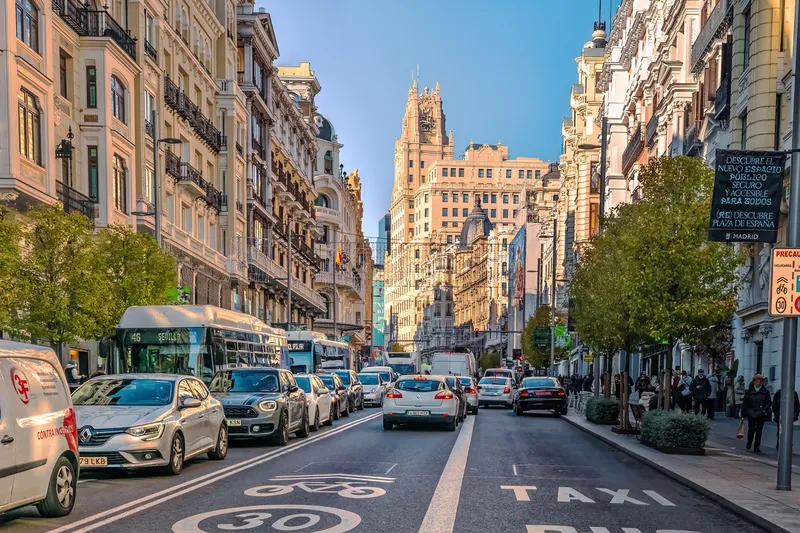The Maryland Transportation Authority (Maryland TA) in the US will need US$19.5 million to buy new transponders for drivers who use the state's E-ZPass electronic toll collection system, but requires approval from the Board of Public Works. A total of two million transponders will be purchased by Maryland TA from Kapsch TrafficCom which makes the transponders, and they will cost users $9 compared to the original price of $21.
March 30, 2012
Read time: 1 min
The Maryland Department of Transportation in the US will need US$19.5 million to buy new transponders for drivers who use the state's E-ZPass electronic toll collection system, but requires approval from the Board of Public Works. A total of two million transponders will be purchased by Maryland TA from 81 Kapsch TrafficCom which makes the transponders, and they will cost users $9 compared to the original price of $21.
On 4 April 2012, the board will discuss the spending, which is on its agenda. Maryland TA said that the funding for the transponders will come from its toll revenue.
On 4 April 2012, the board will discuss the spending, which is on its agenda. Maryland TA said that the funding for the transponders will come from its toll revenue.









